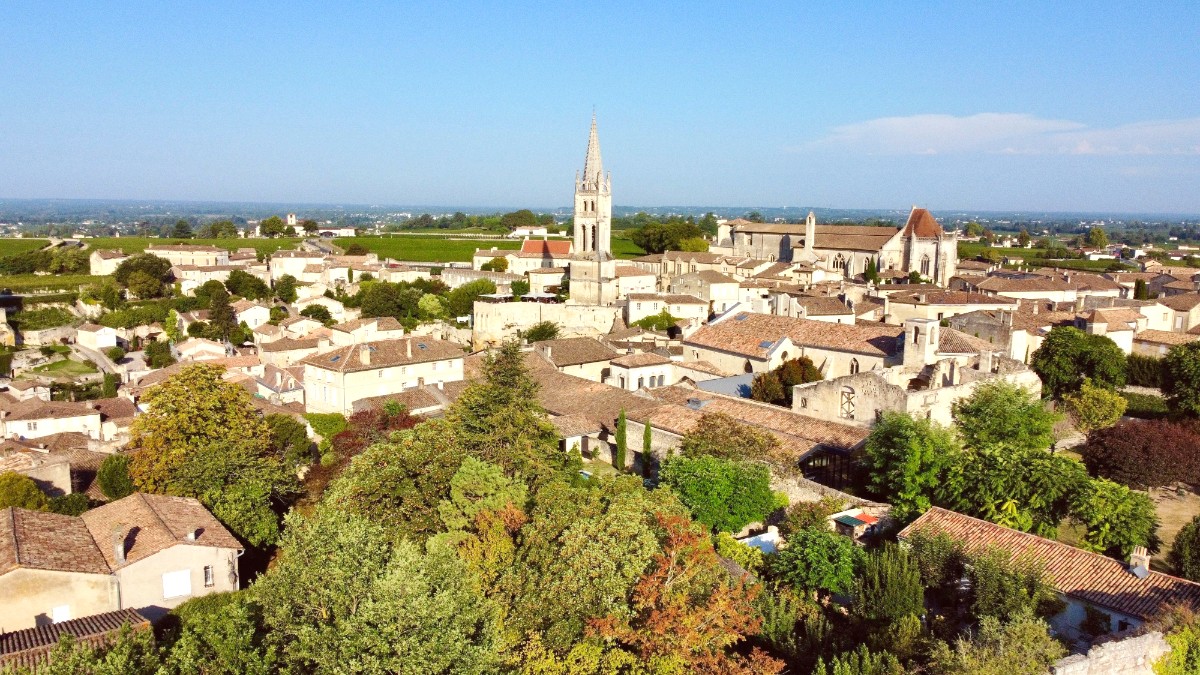
France
The "Jurisdiction of Saint-Émilion" holds UNESCO World Heritage cultural landscape status, marking its protected nature. Many châteaux adopt sustainable viticulture, moving toward organic or biodynamic farming. Support these efforts.
France has recycling systems for glass, plastic, and paper. Look for separate bins. Minimize single-use plastics. While water resources generally suffice, climate change influences viticulture; conserve water during your visit.
Choosing train travel over short-haul flights for inter-city journeys in France produces a lower carbon footprint. Some travel companies offer optional carbon offset programs. Terrapass provides carbon offsets.
Engage with the local culture respectfully, contributing to its preservation.
The UNESCO designation highlights the preservation of St-Emilion's cultural landscape and medieval heritage. Support local artisans, traditional businesses, and attractions contributing to heritage upkeep.
Use basic French phrases ("Bonjour", "Merci"). Dress appropriately for religious sites. Ask permission before photographing individuals. Respect local customs, meal times, and public behavior.
Avoid intrusive photography of private residences or individuals without consent. In vineyards, stay on designated paths and avoid trespassing on private property unless authorized.
When visiting churches or other religious sites, maintain a quiet and respectful demeanor. Dress modestly (shoulders and knees covered). Do not use flash photography if prohibited. Avoid disturbing active services or prayers.
Look for hotels or guesthouses with environmental certifications (like Green or European Ecolabel) or those highlighting sustainable practices, such as renewable energy or local sourcing. Find eco-friendly stays on Ecobnb.
Choose tour operators prioritizing small group sizes, respecting local ecosystems, and promoting responsible vineyard visits. G Adventures offers ethical tours.
Your actions significantly contribute to the preservation of St-Emilion's unique cultural landscape and heritage. Engage thoughtfully.
Your travel choices can directly support the local economy and community well-being.
Support local guesthouses (`chambres d'hôtes`) and independent restaurants. These family-owned businesses directly contribute to local economy and vitality.
When buying wine, consider direct purchases from châteaux or local wine shops (`cavistes`) to support producers directly. Purchase local crafts from artisans whenever possible.
Be aware of over-tourism. If possible, consider traveling during the shoulder or low season to help distribute tourism benefits and reduce pressure on local resources. Book tours that support fair labor and directly benefit the local community.